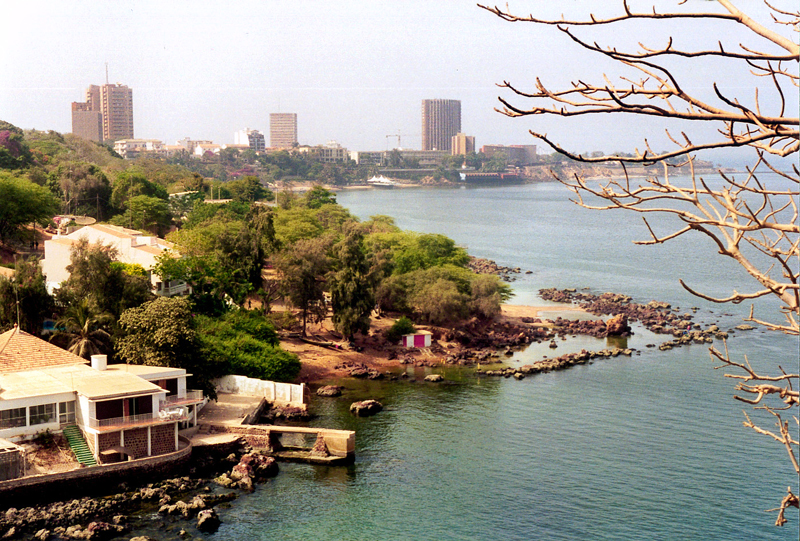Dakar - Senegal




CC BY-SA 3.0
Sewerage coverage in Dakar (2.7 million people) is high by comparison with most African cities, with an extensive sewerage system that covers significant areas of the city, although with currently limited coverage of lowerincome districts; however, the majority of households use on-site sanitation, notably pour-flush latrines discharging to septic tanks or pits.
30 people attended a side-event at AfricaSan4 (Dakar, Senegal) in May 2015, where the SFD tool was presented.
Inspired by the SFD, the Resource Value Mapping tool (REVAMP) is being developed at Stockholm Environment Initiative (SEI) for quickly estimating, visualizing and valuing the resources that could be recovered from a city’s organic waste streams: sewage sludge, faecal sludge, and food and other organic solid waste.
There is increasing interest in the concept of the circular economy and “closing the loop” in water, energy and mineral resources. The focus here is not only to reducing social and environmental damage linked to resource extraction and waste disposal, but also in optimizing the use of resources.
Additionally the tool tries to integrate the potential of the water-food-energy nexus in an urban context.
- Prepared by: WSP
- Date of production: 13/06/2018
- Last update: 22/05/2019


